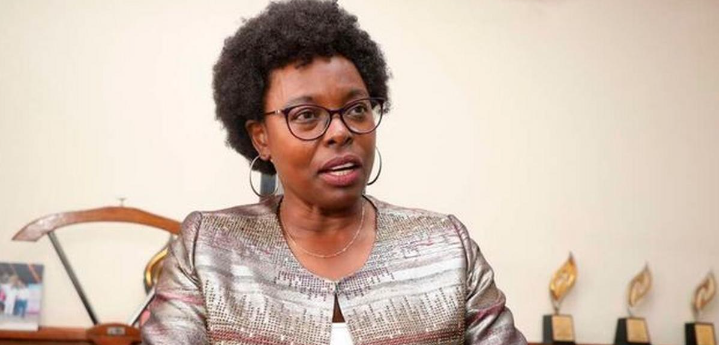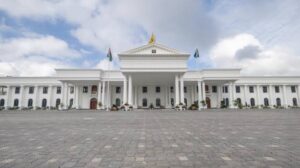Treasury Cabinet Secretary John Mbadi has accused the Office of the Controller of Budget, headed by Dr. Margaret Nyakang’o, of engaging in rent-seeking practices that have negatively impacted county government operations.
According to Mbadi, Nyakang’o’s office has been causing unnecessary delays in releasing county funds by imposing bureaucratic hurdles, which he claims amount to rent-seeking.
This accusation surfaced during a consultative meeting between the Treasury and the Council of Governors’ Health Committee, where frustrations over fund delays were discussed.
Mbadi’s frustrations are rooted in the difficulties county governments face when accessing their allocated funds.
He argued that county officials have been forced to make multiple trips to Nairobi just to clear funds a process that, in his view, should be streamlined.
These delays, according to Mbadi, are unnecessary and only serve to impede the smooth operations of county governments, leading to gaps in service delivery.
The delays, he asserts, are caused by excessive bureaucracy and obstruction within the Controller of Budget’s office.
Mbadi referred to this obstruction as a form of rent-seeking, suggesting that it was motivated by financial self-interest from officials within the office.
He emphasized that once funds are transferred to the counties by the Treasury, there should be no further barriers in accessing them.
Instead, he urged the Controller of Budget to simplify the process and allow for efficient operations at the county level.
The delays in releasing funds have had major effects on county government operations, particularly in health and infrastructure sectors.
County officials have reported facing numerous challenges in implementing key projects, as they are unable to access the necessary funds in a timely manner.
This issue has raised concerns about the potential impact on service delivery, especially in critical areas like healthcare and road maintenance.
Furthermore, the counties have been calling for increased budget allocations from the national government.
However, with the persistent delays in disbursement, these calls have been met with resistance from the Treasury, which argues that the counties are not efficiently using the funds already allocated to them.
Margaret Nyakang’o, who has been the Controller of Budget since 2020, has not publicly responded to Mbadi’s accusations.
However, she has previously defended her office’s strict oversight of county funds, citing the need to ensure accountability and prevent misuse.
Nyakang’o has a history of clamping down on overspending and wastage in county governments, often releasing reports that highlight irregular expenditures by county officials.
Her office is tasked with approving withdrawals from both the national and county governments’ public funds, and she has been known to take a hard stance against any expenditure that she deems unnecessary.
In this context, Nyakang’o may argue that the delays are intended to ensure proper use of public funds, rather than to obstruct county operations.
The ongoing tensions between the Treasury and the Office of the Controller of Budget reflect broader governance issues in Kenya, particularly around fiscal management and devolution.
The allegations of rent-seeking raise questions about the integrity of the country’s financial oversight mechanisms and the role of the Controller of Budget in ensuring transparent and efficient use of public resources.
If the accusations against Nyakang’o’s office are substantiated, they could have big consequences for how county governments access and use their allocated funds.
However, if Nyakang’o can provide a strong defense for her office’s actions, it could reaffirm the importance of strict oversight in preventing misuse of public funds.
The counties continue to push for more timely access to their funds, while the national government and the Controller of Budget’s office remain at odds over how best to ensure fiscal responsibility.





















Add Comment